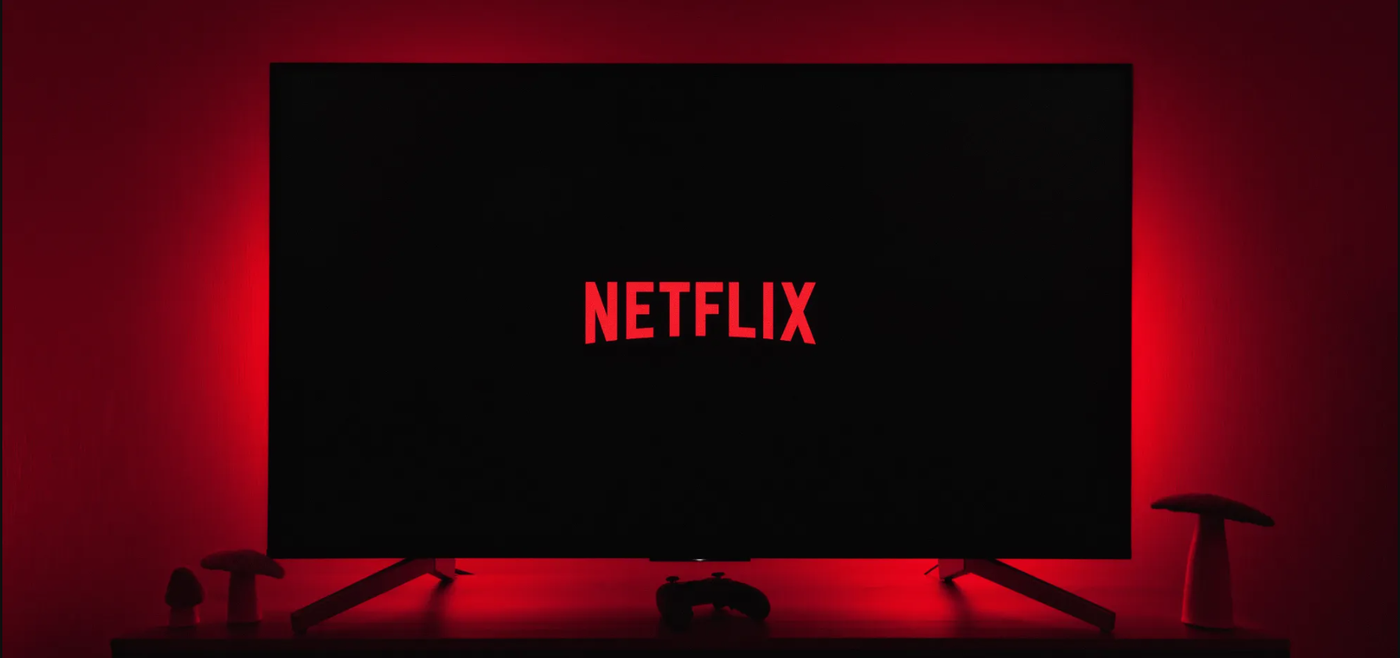Netflix may be one of the world’s most popular streaming platforms, but some of its practices are starting to raise real questions among its subscribers. One of the biggest irritants currently catching fire on social media is a little known restriction most users don’t even know exists until it’s too late. The “yearly download limit” is now becoming a frustrating roadblock for genuine, paying users who simply want to access what they paid for.

The feature is simple on paper. Netflix allows users to download certain shows and movies for offline viewing. It’s one of the most popular features for those who travel, have poor internet, or just like watching without buffering. But what they do not make clear is that many of these titles can only be downloaded a limited number of times per year. There’s no upfront warning, no transparent breakdown of limits, and no real control offered to users. And that’s where the frustration starts.
Imagine you’re boarding a flight or planning a weekend in a no network zone. You pull out your device and try to download an old comfort show or rewatch a thriller you loved. Instead of the download button, you get an alert that says your yearly limit has been reached. There is no prior mention of this limit in subscription tiers or onboarding pages. It just appears when you’ve already committed your time and attention.
The worst part is not just the restriction itself but the lack of communication about it. Users don’t know what the limit is, how much they’ve used, or how to reset it. It’s a silent control mechanism that feels more like a penalty than a policy.
:max_bytes(150000):strip_icc()/MediaCenter-MultiDeviceCollage_EN-4c2e2f6d928e4926b1b98b1b42cde6ff.jpg)
In a time when platforms are already experimenting with ads inside paid subscriptions, password sharing crackdowns, and rising subscription costs, these restrictions only add to user dissatisfaction. While security, licensing, and content protection may justify certain limits, not disclosing them clearly or offering flexibility makes the user experience feel secondary.
Netflix, and other platforms too, must start respecting the relationship they share with subscribers. The people who pay for the service are not abusing it. They are simply using the features promised to them, in the way they were meant to be used. Restricting downloads without warning does not feel like a fair or customer first decision.
If streaming platforms want loyalty in an increasingly competitive OTT space, they need to stop treating viewers like loophole seeking abusers and start listening to what users truly expect. Freedom, transparency, and fair use are not premium add ons. They are basic expectations.
For more such updates on streaming trends, policy issues, and entertainment news, follow Binge Moves on Instagram and Facebook.











